FAQ
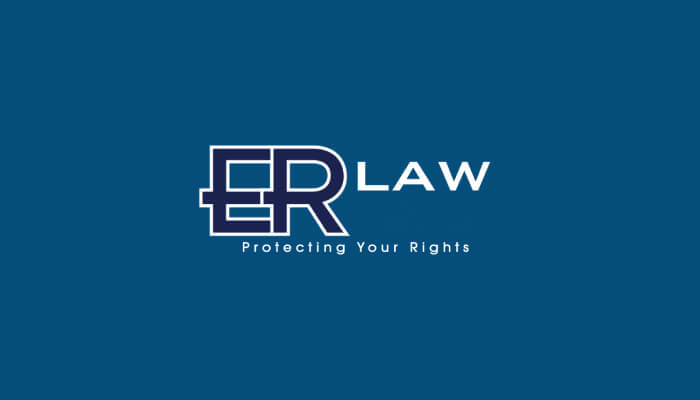

What’s the difference between physical and legal custody of a child in North Carolina?
Physical custody refers to where the child lives, while legal custody refers to who makes…
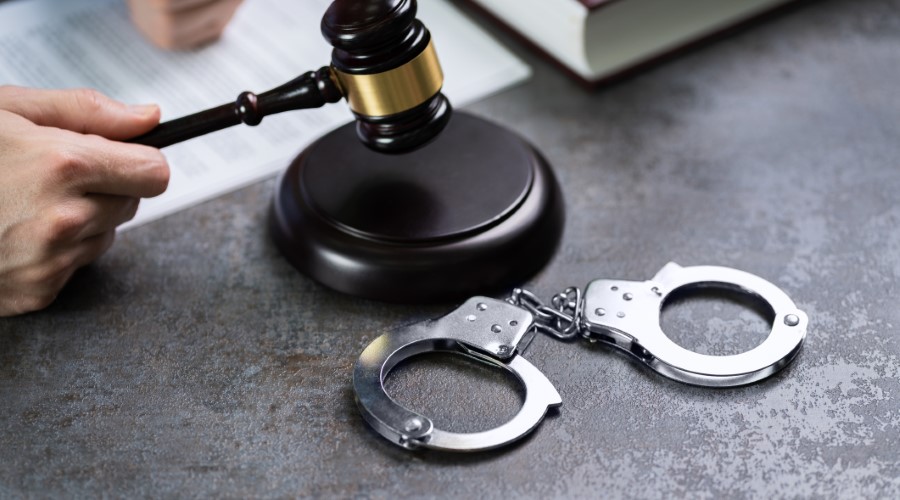
What should I do if I’m arrested in North Carolina?
If you’re arrested in North Carolina, it’s important to remain calm and cooperative. Do not…
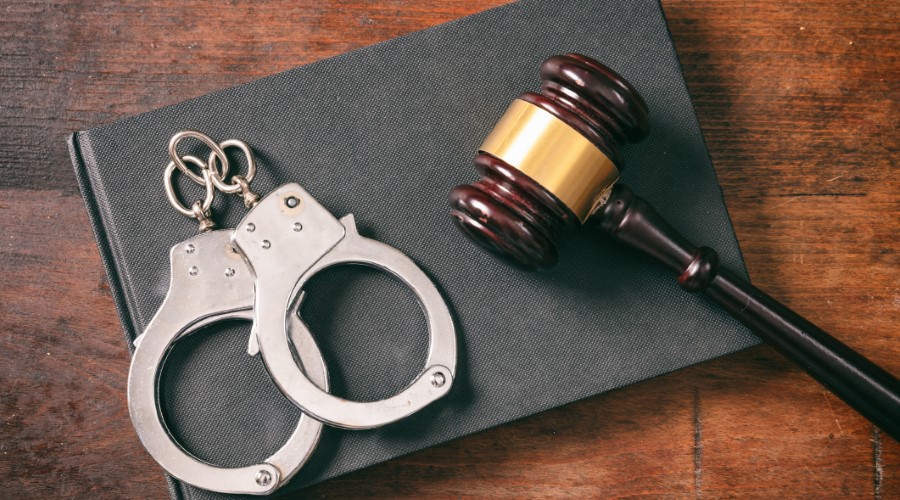
How is criminal intent proven in North Carolina?
Proving criminal intent involves showing that the defendant intentionally committed an act that is considered…
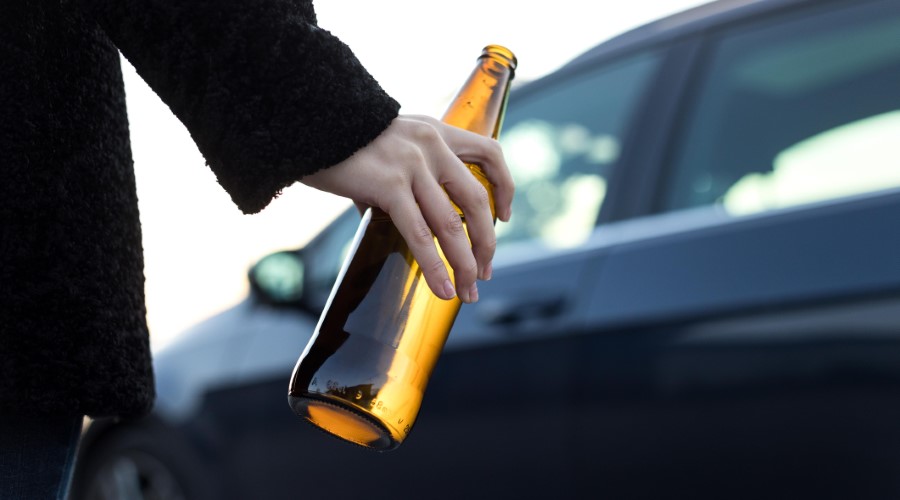
What are the consequences of a DWI conviction in North Carolina?
Consequences of a DWI conviction in North Carolina can include jail time, fines, license suspension,…

Can a criminal defense lawyer negotiate a plea deal for me?
A criminal defense lawyer can sometimes seek to negotiate a plea deal on your behalf.…

What is a felony, and how is it different from a misdemeanor in North Carolina?
A felony is a serious crime that carries more severe penalties, including longer prison sentences…
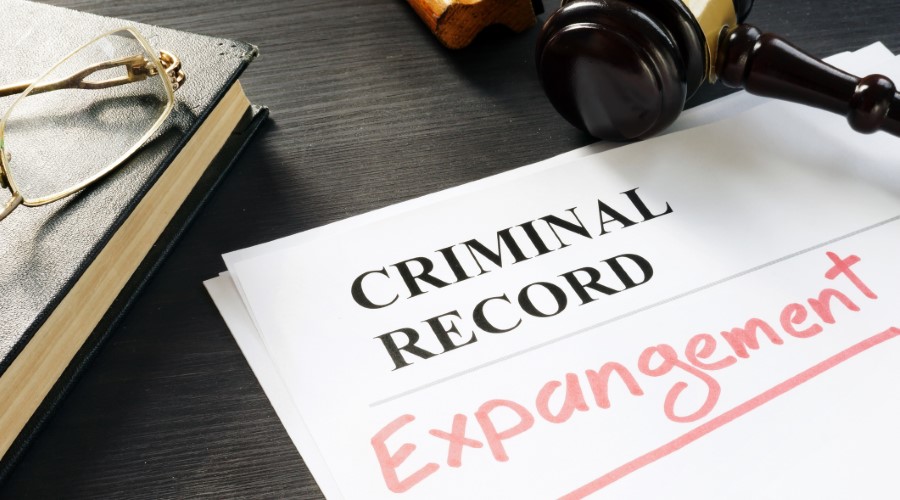
What is expungement, and am I eligible for it in North Carolina?
Expungement is the process of removing a charge or conviction from your criminal record. Eligibility…

How does the bail process work in North Carolina?
After an arrest, a judge or magistrate will set a bail amount. This is the…
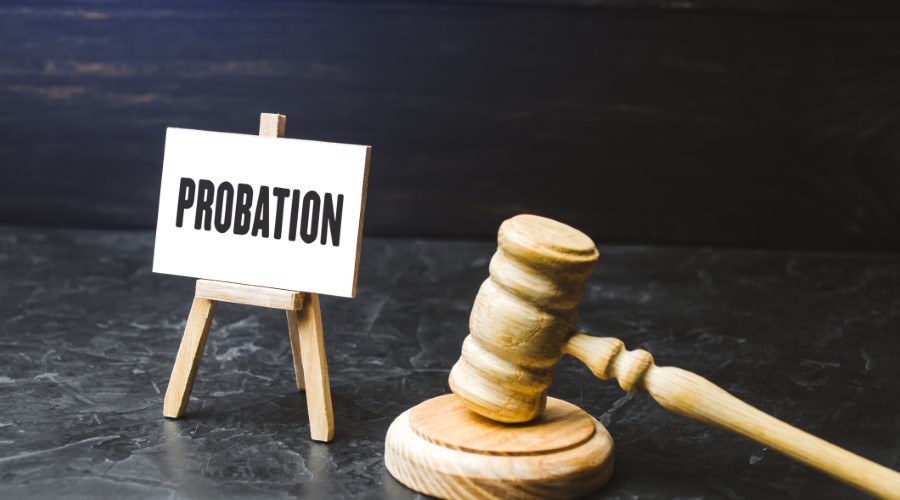
What happens if I violate probation in North Carolina?
Violating probation in North Carolina can lead to serious consequences, including the possibility of having…

What types of evidence are commonly used in criminal defense cases?
Evidence used in criminal defense can include physical evidence, witness testimonies, digital evidence (like emails…

Can I be charged with speeding as a crime in North Carolina?
In certain circumstances, speeding can lead to criminal charges in North Carolina, especially if it…
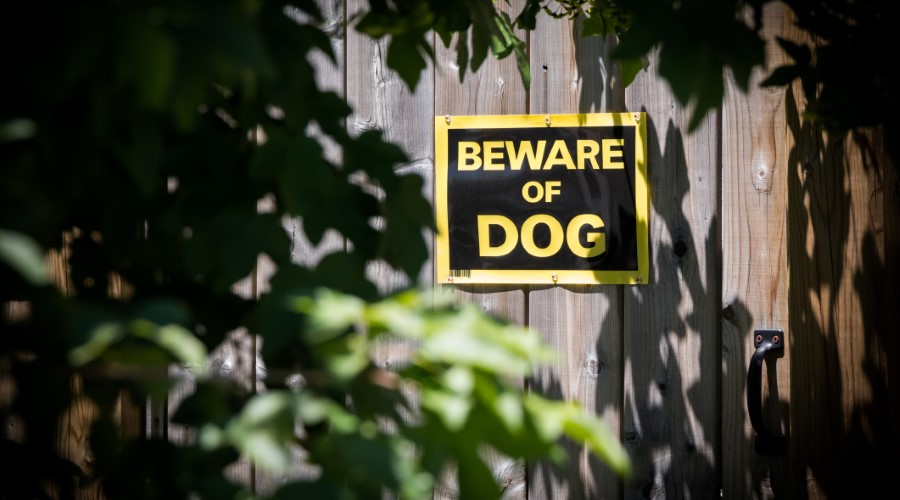
What is the “one-bite rule” in North Carolina dog bite cases?
North Carolina does not strictly adhere to the “one-bite rule,” under which the owner of…
